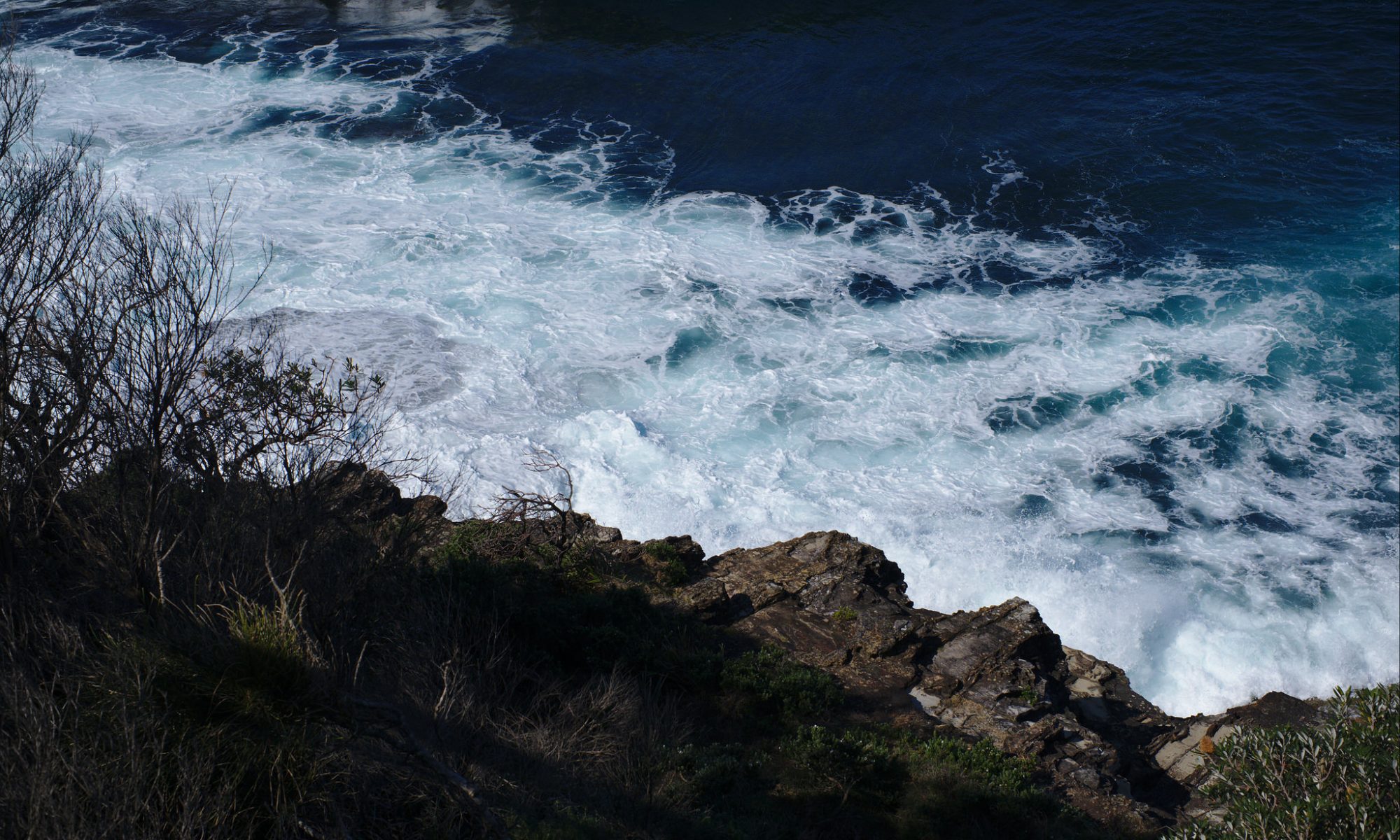Via Stewart Smith, a Computerworld article stating that:
Australians will be unable to opt-out of the government’s pending Internet content filtering scheme, and will instead be placed on a watered-down blacklist, experts say.
Under the government’s $125.8 million Plan for Cyber-Safety, users can switch between two blacklists which block content inappropriate for children, and a separate list which blocks illegal material.
Pundits say consumers have been lulled into believing the opt-out proviso would remove content filtering altogether.
Possible objections to this include but are not limited to:
- general advisability of universal access to information;
- optional filtering software already being commercially available to those who want it;
- likelihood of universal filtering restricting activities of researchers and professional workers who need knowledge of illegal activities;
- likelihood of universal filtering blocking access to legal information about (among other things) sexual issues and drugs;
- likelihood of blocked material being expanded to include other things commonly not approved of by governments (criticism, activism, protest) and by people who most want a filtered Internet (pre-marital and extra-marital sex, religious and anti-religious material);
- affect on Internet access speeds;
- the need to identify oneself to some authority as someone willing to view adult-only material in order to be exempted from the larger blacklist;
- low precision and recall of automatic blacklists (that is, they both block things they shouldn’t and don’t block things they should) and low recall of manual blacklists (they don’t block things they should).
Assuming you deeply dislike this proposal, you might want to discuss why you dislike it in the letters you are right now sitting down to write to Senator the Hon Stephen Conroy, Minister for Broadband, Communications and the Digital Economy and Senator the Hon Nick Minchin, Shadow Minister for Broadband, Communications and the Digital Economy.
Then you can move to New Zealand, where copyright takedowns are required regardless of proof of copyright violation.
